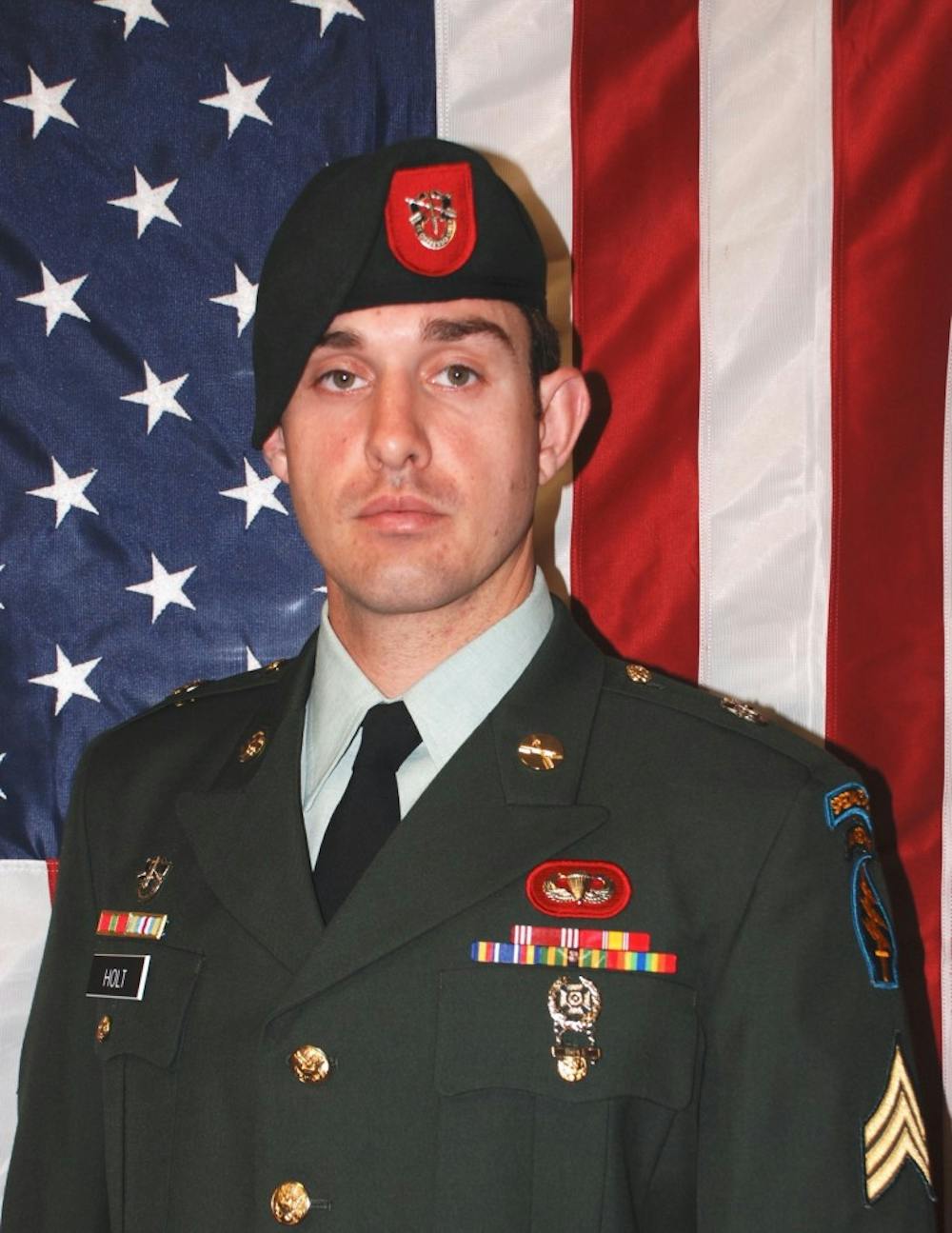Under Taliban fire, falling out of the sky and crashing into the village below, Staff Sergeant Karl Holt knew his life would never be the same again.
Faced with countless surgeries after the attack, Holt recognized that his time as a Green Beret was over — but he could now become a surgeon.
Holt trained at Fort Bragg in Fayetteville, North Carolina to become a medic within the Green Berets and recounts the training as long and challenging.
“One of the reasons why I love medicine – there’s no absolutely no shortcuts and it doesn’t matter what you did before, really I mean there’s no corners that can be cut – you have to do everything that everybody else has to do,” Holt said.
Holt knew he wanted to go into medicine after a friend of his, who was a cop in Houston, Texas, got shot and was saved by an army surgeon at the hospital.
“He was really bad off, you know. I think they had him in a coma for about two months and they literally saved him," Holt said. "It was just insane that he even survived at all and it was a surgeon that did it – in fact, an army guy."
His time in the hospital, along with his friend's experience, that made him realize it was time to follow his longtime goal of becoming a surgeon.
Holt’s expertise from serving as a special forces medic is highly valued by the UNC School of Medicine.The school is now trying to recruit more veterans into their Physicians Assistant (PA) program, which Holt continually provides advice on.
Executive Associate Dean for Academic Programs and Director of the UNC Craniofacial Center, Amelia Drake, worked with Holt on developing a plan for the recruitment of returning special forces medics.



